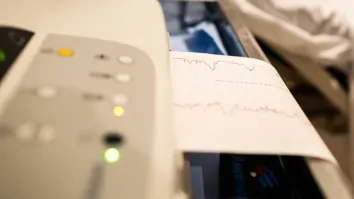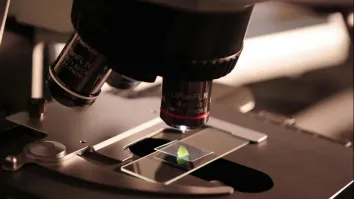
Why Korea's hospitals are at the losing end under the ambitious healthcare agenda
National health insurance reimbursement will be expanded.
The ambitious healthcare agenda under Moon Jae-in's liberal presidency will seek to expand national health insurance reimbursement and limit the burden of excessive medical costs, while overhauling the healthcare system to deliver more value-based care and ensure long-term financial sustainability.
According to BMI Research, while low income patients stand to benefit substantially from a cap on medical care contribution costs, large hospitals risk seeing their role in healthcare delivery diminished and the number of smaller hospitals is likely to contract in favour of more primary healthcare structures.
Here's more from BMI Research:
The healthcare agenda of President Moon Jae-in of the Minjoo (Democratic) Party, who took office in May 2017, will aim to increase the role of the public
sector in the healthcare system and expand national health insurance reimbursement cover to reduce the burden of high medical costs, including an annual
cap of KRW1mn (USD862) on patient contributions to medical care costs for citizens on low incomes.In order to secure the long term sustainability of the healthcare system, the president will seek to move the focus of healthcare delivery from large hospitals to cheaper primary care structures.
This will involve limiting the expansion of large hospitals and restricting the number of small and medium supply hospitals, some of which will be encouraged to convert into specialised institutions.



















 Advertise
Advertise





